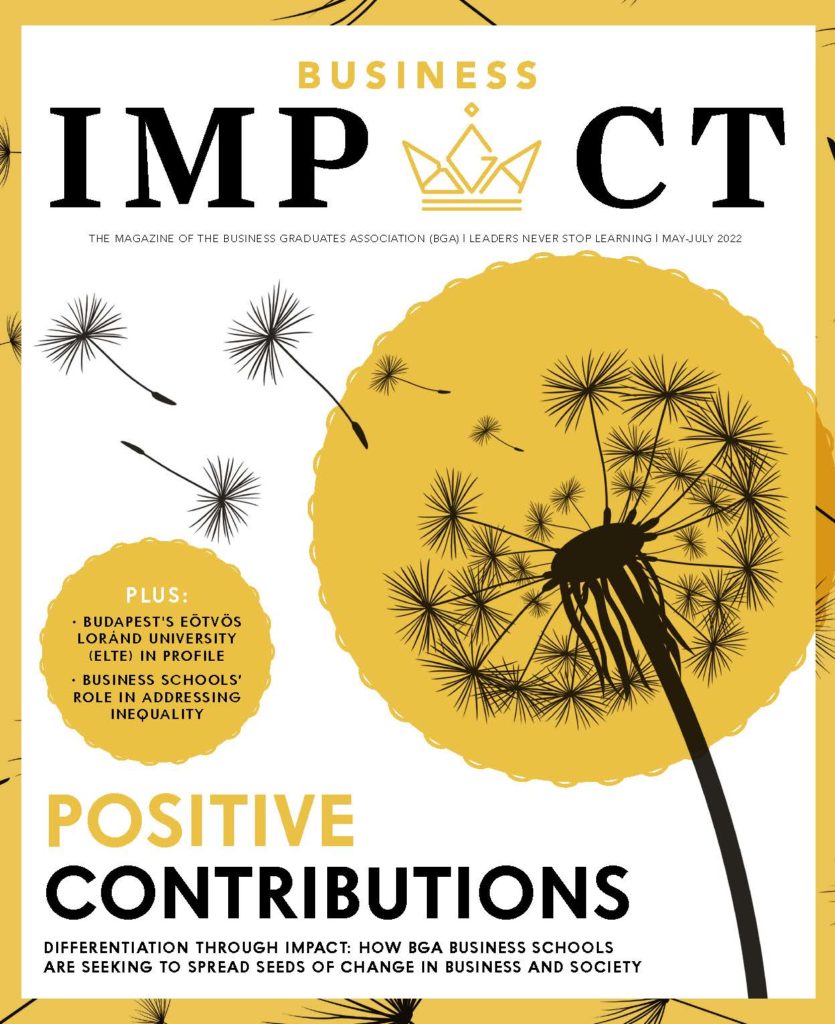
How the energy transition stands to benefit business
The shift to renewable energy is the way the wind is blowing and business leaders must respond to these shifts, says Ruggero Gramatica from the University of Oxford’s Institute for New Economic Thinking













